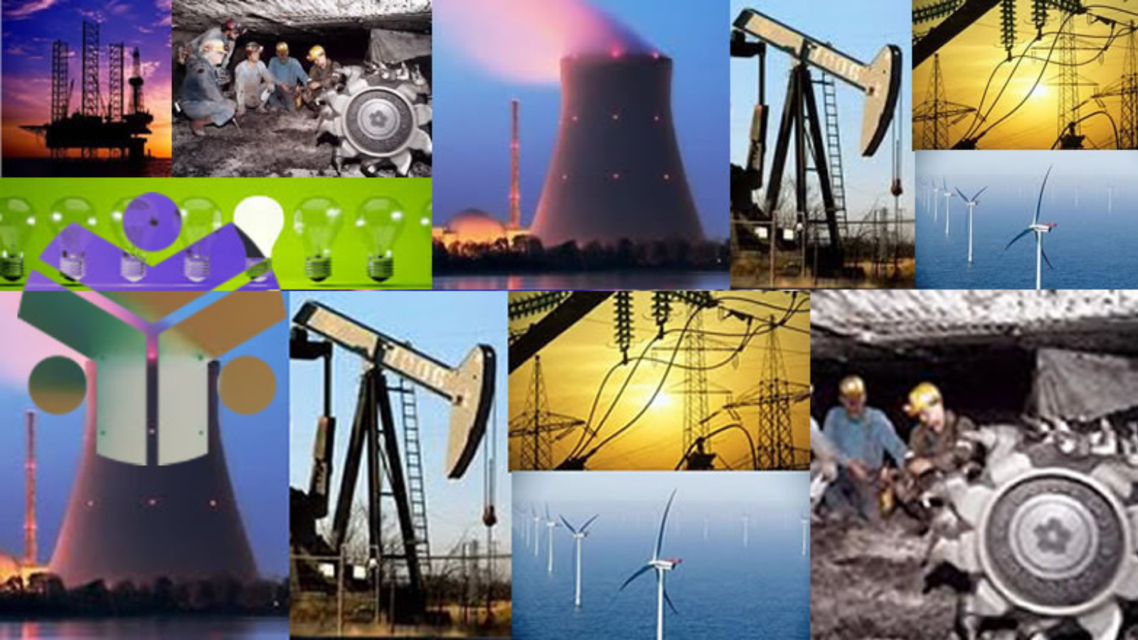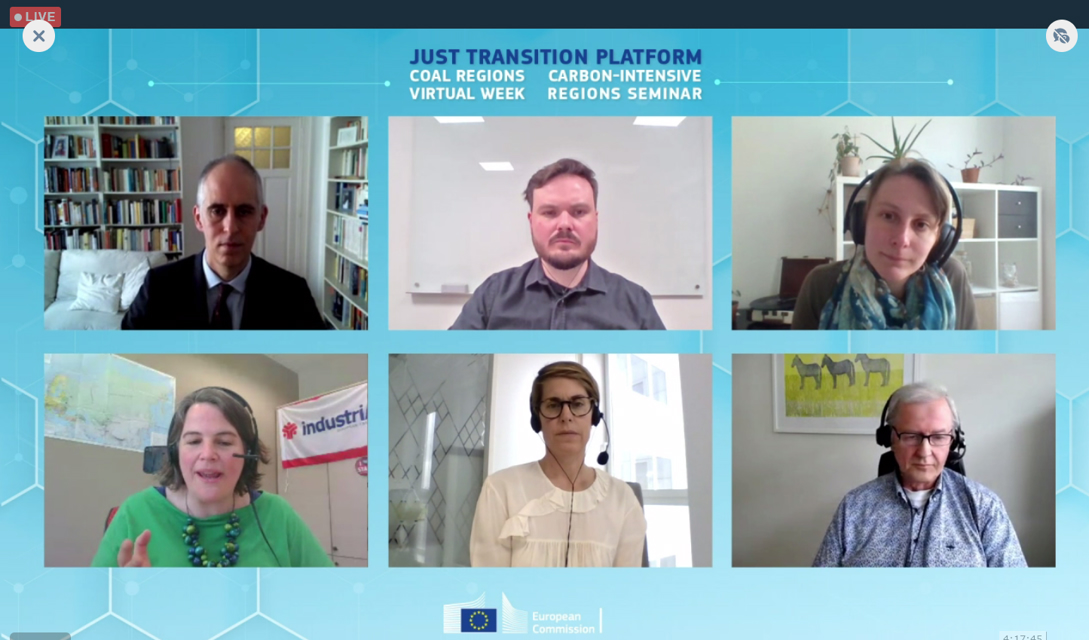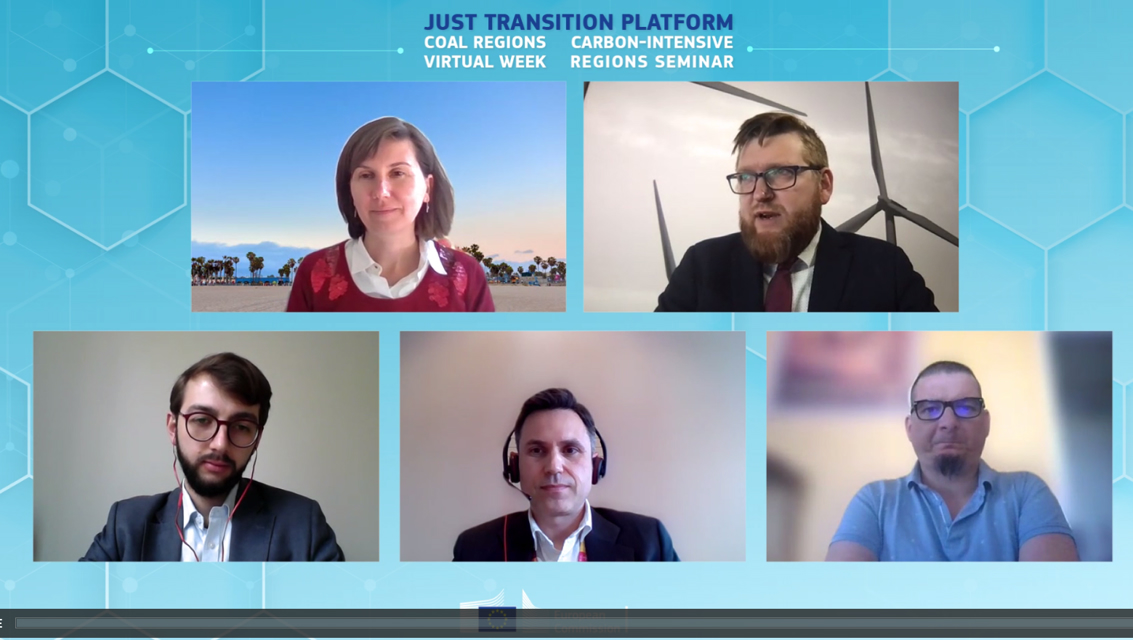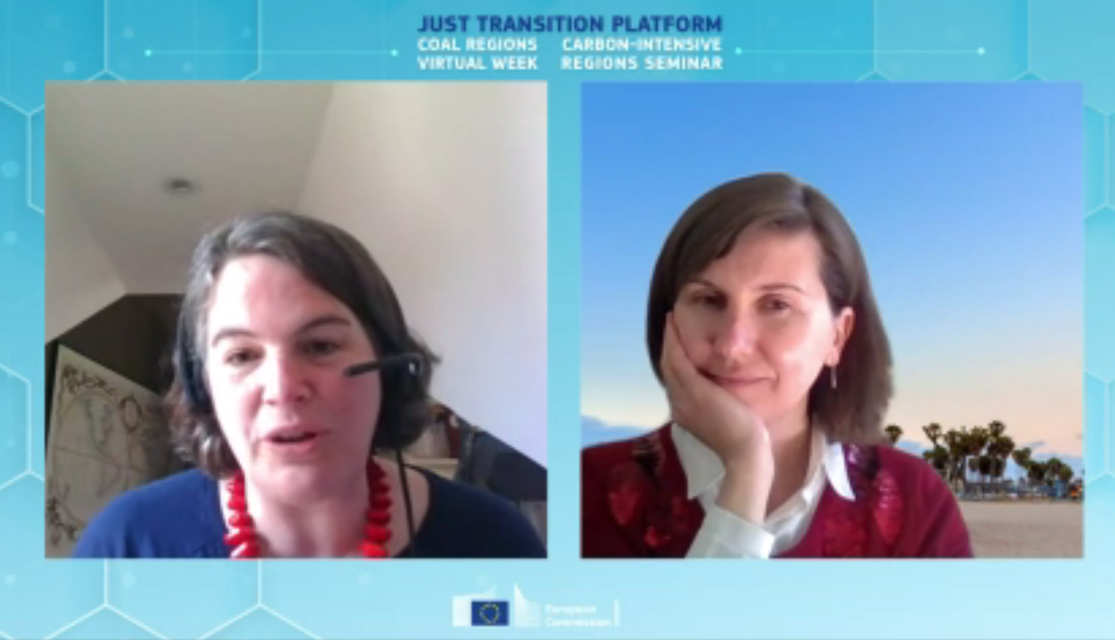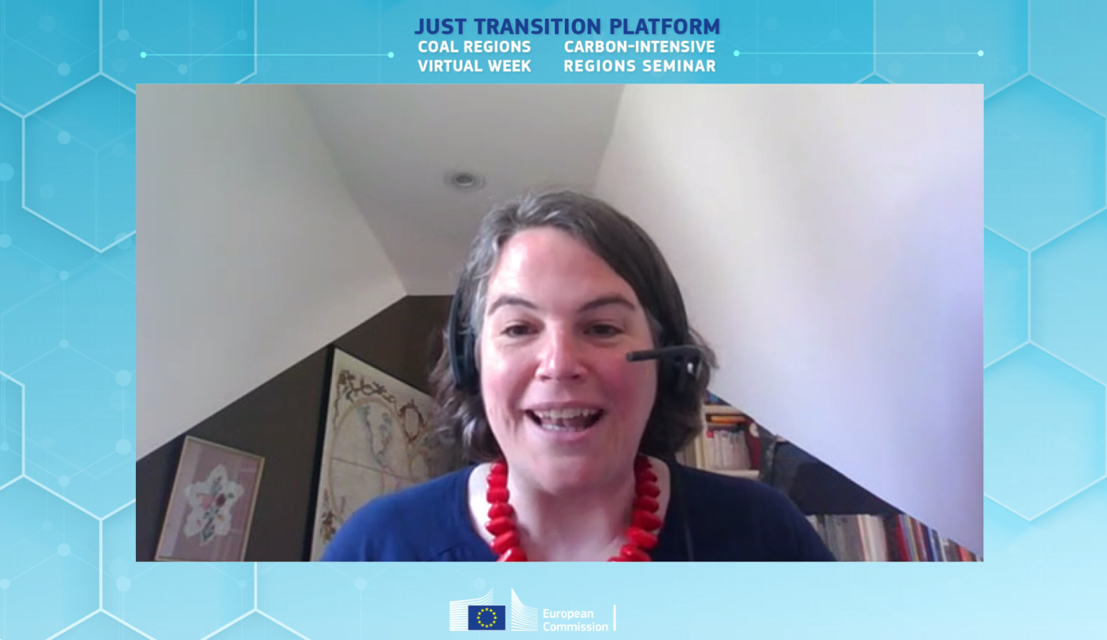The energy transition can only succeed if we think long-term, contrary to the short-term cash-oriented restructuring strategies currently pursued by energy equipment manufacturing companies.
On 27 April, together with DG Energy, industriAll Europe co-hosted a session on employment potential in the energy value-chain in Europe’s regions in transition. The event was co-chaired by Adela Tesařová, Head of Unit, Consumers, Local Initiatives, Just Transition and industriAll Europe’s Deputy General Secretary, Judith Kirton-Darling. The session shed light on the realities of the energy transition in practice on the ground and what lessons can be learnt in terms of creating and maintaining quality employment in Europe’s regions.
Janusz Gajowiecki, CEO of the Polish Wind Energy Association, presented the Polish wind strategy, which has an ambitious target of local content with potential to deliver jobs all over Poland in the manufacturing of wind-turbines. Gregory Pastor, Secretary of the GE Power EWC, representing CGT FTM Metallurgie, emphasised that the energy sector is strategic for Europe. The energy transition can only succeed if we think long-term, contrary to the short-term cash-oriented restructuring strategies currently pursued by energy equipment manufacturing companies, like General Electrics, ABB or Siemens, which have dramatic consequences for the European energy employment market.
The discussion was complemented by examples from global energy company, Iberdrola, which signed a Just Transition and Decent Jobs Pledge in 2019 on the occasion of COP25. Miguel Muñoz Rodríguez, Head of Climate Policies and Alliances at Iberdrola, presented good practices of local job creation in the Spanish regions of Asturias and Castilla y Leon.
Michal Hetmanski from the Instrat Foundation in Poland presented the example of the region of Wielkopolska, that has committed to the phasing out of coal by 2030 despite suffering a high unemployment rate. In 2030, 55% of the workers will have achieved retirement age, but alternatives need to be found for the 45% of workers who are still active. There are employment possibilities for those workers in the energy value chain.
Indeed, the Green Deal objectives necessitate a speeding up of the energy transition in view of the massive needs for electrification of carbon-intensive sectors. In 2020, the European Commission has announced ambitious targets for the expansion of offshore renewables and green hydrogen, that have the potential to deliver quality jobs in the EU’s energy value chain - an opportunity for Europe’s regions. The reviewed industrial strategy, complemented by national recovery plans, will be key elements in tapping the potential in Europe’s regions. Social dialogue with trade unions is imperative to achieve a Just Transition.
This was also the key message conveyed by industriAll’s Deputy General Secretary, Judith Kirton-Darling in the opening session of the Just Transition Platform, addressing the lessons learnt from the Territorial Just Transition Plans:
“The ILO Guidelines define the international Just Transition framework, which is based on the equal importance of the three dimensions of sustainability: environmental, social and economic. Workers are the enablers of the transition through their work, and they deserve quality employment and working conditions. This is why trade unions need to be actively involved in the development and implementation of the Territorial Just Transition Plans currently developed by EU member states! Nothing about us, without us!”
Contact: Andrea Husen-Bradley (press and communication), Corinna Zierold (senior policy adviser)
